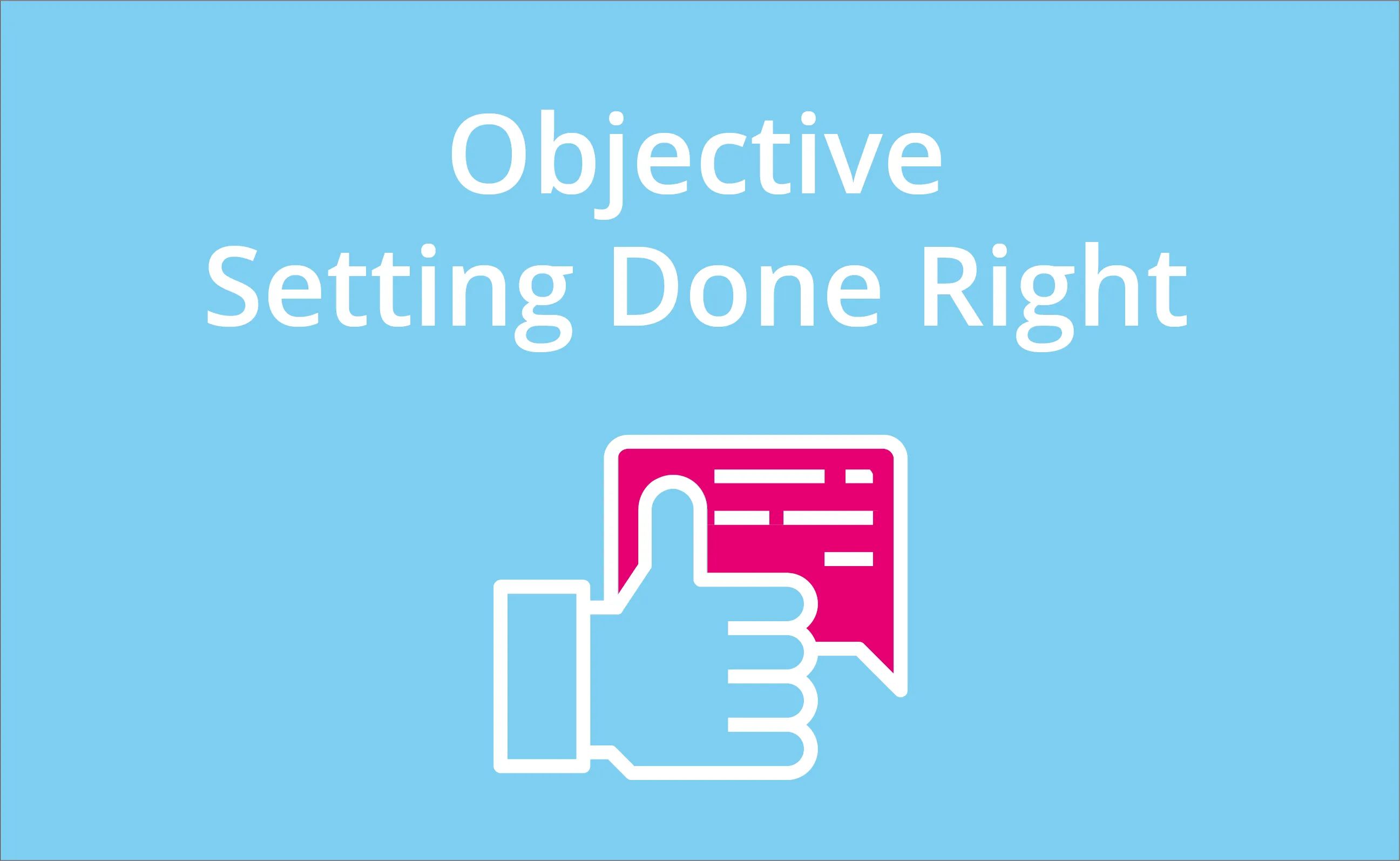
It’s no secret that for your indirect sales strategy to succeed, you need to engage and manage your relationships with your partners. More engagement equates to more commitment and business alignment, which means more sales for your business.
How do you manage multiple indirect sales partners? How can you improve your collaboration with them?
To answer these questions, a group of students from the Rotterdam Erasmus School of Management conducted an independent study on indirect sales management for BRM software provider Qollabi
Who is Qollabi?
Qollabi —a Software as a Service (SaaS) startup based in Brussels—created a Business Relationship Management (BRM) software. It’s the first software to-date that enables businesses to collaborate with indirect sales partners.
From the beginning, the company understood that introducing a new product requires a better understanding, not only of the product itself but also of the industries that are most appropriate for the company. Are indirect sales really important in Europe? And if so, which industries rely on them?
The Four Building Blocks of Indirect Sales Management

Based on first market feedback, Qollabi wanted to assess the efficiency of indirect sales management based on four building blocks: (1) analysis, (2) business planning, (3) support and execution, and (4) monitoring.
- Analysis claims that companies must be able to differentiate potentially profitable partners, from those that won’t live up to their full potential.
- Business planning: asserts that different partners have different needs, so there should be different marketing and sales activities for each partner.
For example, some partners may use an omnichannel approach, manage leads, plan activities and allocate budget, and others may get better results with a different mix of sales activities. - Support and execution: ensure that partners have the right resources and information through planning and carrying out training and meetings.
- Monitoring: involves observing, analyzing and evaluating the partner’s performance. It compares multiple partners to determine which partners are performing well, and which ones are not.
The study’s goal was to determine the importance of indirect sales and the four building blocks in different industries.
The Importance of the Four Building Blocks
The researchers created a survey and sent it to 50,000 email addresses of different companies in various industries.
Here’s a breakdown of the profile of the companies surveyed:

Each of the four building blocks was assessed individually through two sets of questions.
The first set aimed to determine the importance of the building block to the company’s indirect sales management, whereas the second aimed to measure the company’s need for Qollabi’s BRM tool.

The sample consisted of 155 companies that had indirect sales strategies. The results revealed that most companies found the four building blocks to be “very important.”
It was very important for them to:
- understand the potential of different channel partners;
- have different business plans for different business partners;
- to support their channel partners in the execution of their sales strategy; and
- to monitor what kind of support works for their different sales channel partners through analysis.

While building blocks were considered to be very important, some companies performed poorly on these building blocks and lacked the right tools to improve their indirect sales strategy.
When surveyed about the current analysis of the performance potential of the indirect sales partners, 14 percent (22 out of 155 companies) said they had little insight and 28 percent (43 companies) lacked the right tools to analyze the potential of the different channel partners.
Asked if they had different business plans for different business partners, some of the informants said:
“There is no individual strategy for each dealer.”
“There is just a general strategy to follow, which is communicated mainly through email and Skype calls. It is a push strategy.”
As for execution and support, 12 percent (18 companies) declare that they are not able to sufficiently support channel partners in the execution of their sales strategy, and do not have the right tools to support them.
Lastly, when asked about monitoring, only 25 percent (39 companies) indicate that they consistently monitored their partners, and were able to analyze what kind of support works for them.
Overall, these findings suggest that indirect sales is important in Europe and tools are necessary to manage relationships with partners and to comply with the four building blocks.
...but how do indirect sales differ in various industries?
The Importance of Four Building Blocks Across Different Industries
Results revealed that all industries considered the four building blocks as important.
The more important companies found these building blocks, the better they were at implementing them. However, this likelihood was less strong in the industries—manufacturing, agricultural and forestry, and the professional services sector.
In the scatterplots below, companies that consider attributed a high level of importance to the four building blocks were located in the upper right corner.
As such, it is recommended that a BRM tool like Qollabi is necessary for these three industries to significantly improve their indirect sales efforts.
Indirect Sales in Different Industries
Why are indirect sales significant to the manufacturing, agriculture and professional services sectors? Here’s what you need to know:
Indirect Sales in the Manufacturing Industry
40 percent of sales generated in the manufacturing industry are from indirect sales. In fact, 72 percent of sales generated from the winery sector were through off-trade channels.
For a manufacturer, indirect sales mean marketing through partners by giving them the right campaigns, tools and content to engage with their customers. Your partners may even know the local markets and better understand the end-products they need.
According to Corne Kraneburg from the Rabobank Manufacturing Branch Organisation, manufacturers are not aware of how their products are used, which is one biggest problems with indirect sales processes. If they had data about their end-products, they could be more responsive to customer needs and improve their supply chain.

Indirect Sales in the Agricultural and Forestry Industry
Farmers in Europe often relied on indirect sales channels to make sales. In fact, Germany produced the largest amount of milk in Europe, but only 15% of farmers sold their products directly to their customers.
This study also found that the agriculture and forestry industry’s got the highest average percentage in indirect sales—48%.
Large firms were more likely to distribute their products to organic specialty stores, production and marketing groups; supermarkets and market vendors. In contrast, small and medium-sized agricultural companies in this industry sold their products to big corporations, who either processed these raw materials further or engaged in both direct and indirect sales.

Indirect Sales in the Professional Services Sector
Although most companies in this sector don’t rely on affiliates and resellers, a few sectors like IT do.
In the tech industry, there has been a dramatic shift away from direct sales and a growing preference for partnerships. A study found that there was a 20% decrease in direct sales, at software companies. Moreover, more than 70% of global goods are sold through indirect sales channels, and this number is expected to grow.
Therefore, this industry is of high interest for BRM tooling



